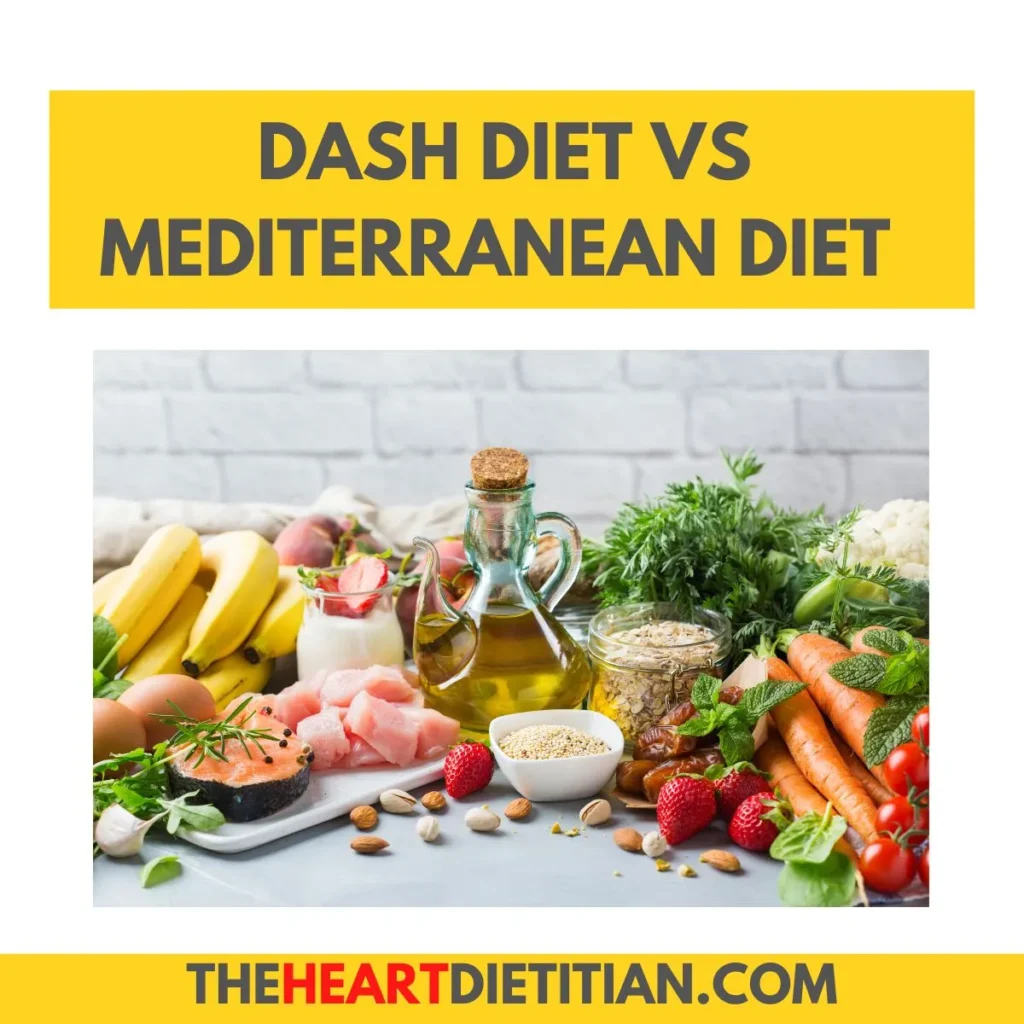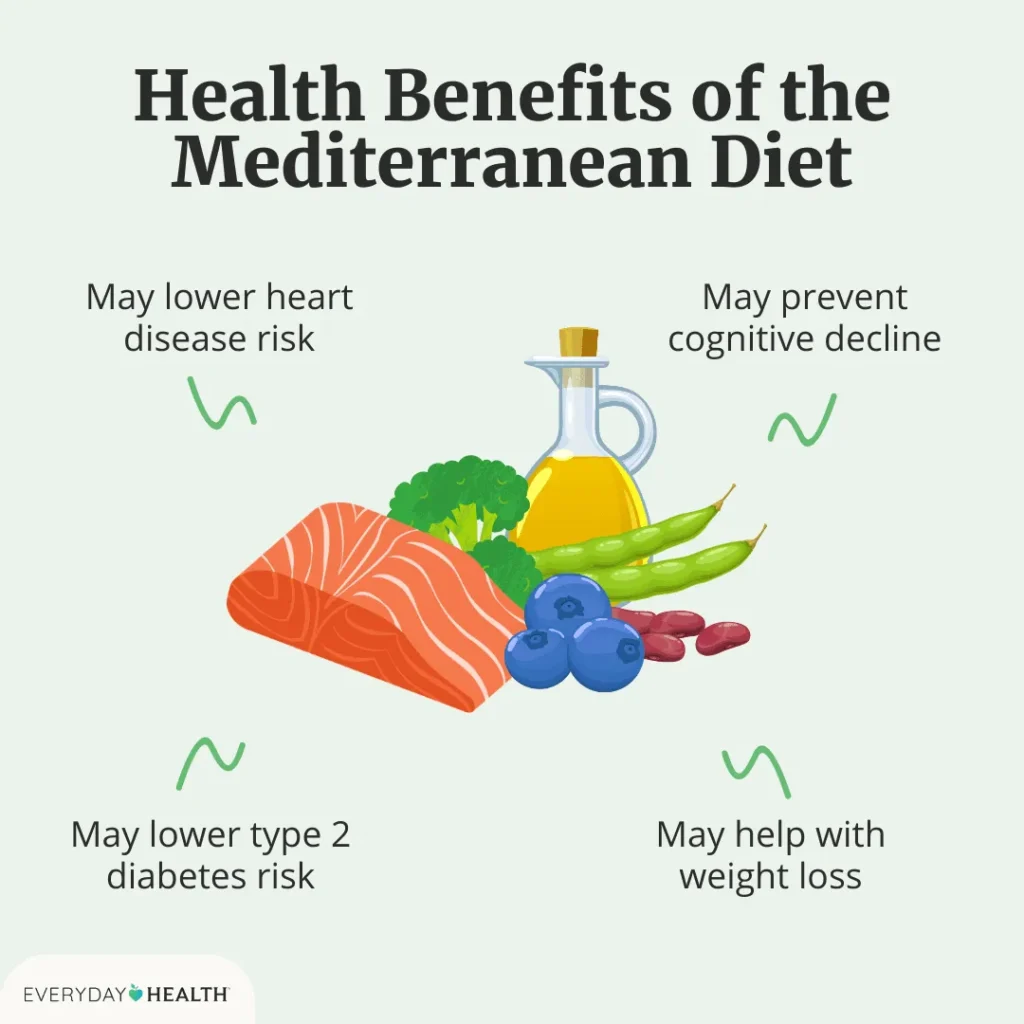The Mediterranean diet has gained widespread popularity in recent years as a healthy and sustainable way of eating. But what exactly is the Mediterranean diet, and does it live up to all the hype surrounding it? In this article, we will take a closer look at the science behind the Mediterranean diet to separate fact from fiction.
What is the Mediterranean Diet?
The Mediterranean diet is based on the traditional eating habits of people living in countries bordering the Mediterranean Sea, such as Italy, Greece, and Spain. It is characterized by a high consumption of fruits, vegetables, whole grains, legumes, nuts, and olive oil, moderate amounts of fish and poultry, and low to moderate amounts of dairy products, red meat, and sweets.
The Science Behind the Mediterranean Diet
Multiple scientific studies have shown that the Mediterranean diet is associated with numerous health benefits. Here are some of the key findings:
1. Heart Health
One of the most well-documented benefits of the Mediterranean diet is its positive impact on heart health. Research has shown that following a Mediterranean diet can reduce the risk of heart disease, stroke, and high blood pressure. This is largely due to the diet’s emphasis on healthy fats, such as olive oil, nuts, and fish, which can help lower cholesterol levels and reduce inflammation in the body.
2. Weight Management
Studies have also found that the Mediterranean diet can be effective for weight management. The diet is rich in fiber and low in processed foods, which can help promote feelings of fullness and prevent overeating. Additionally, the Mediterranean diet encourages the consumption of nutrient-dense foods, such as fruits and vegetables, which can support weight loss and overall health.
3. Brain Health
Some research suggests that the Mediterranean diet may also have benefits for brain health. A study published in the journal Neurology found that following a Mediterranean diet was associated with a lower risk of cognitive decline and dementia in older adults. The diet’s emphasis on antioxidants and anti-inflammatory foods may help protect the brain from age-related damage.
How to Follow the Mediterranean Diet
If you are interested in trying the Mediterranean diet, here are some tips to help you get started:
- Fill your plate with fruits and vegetables
- Choose whole grains over refined grains
- Include sources of healthy fats, such as olive oil, nuts, and avocados
- Eat fish and poultry in moderation
- Limit red meat and processed foods
- Enjoy meals with family and friends
- Stay physically active
Conclusion
The Mediterranean diet has been praised for its numerous health benefits, including improved heart health, weight management, and brain health. While more research is needed to fully understand the mechanisms behind these benefits, the science behind the Mediterranean diet is promising. By following the principles of the Mediterranean diet and making healthy food choices, you can improve your overall health and well-being.
#Truth #Mediterranean #Diet #Closer #Science #Hype


